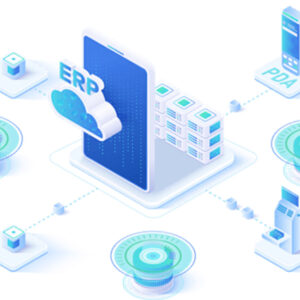Description
A network firewall is a security device used to monitor and control data traffic in and out of a network. It protects enterprise data and system security by setting strict security policies to prevent unauthorized access and network attacks. Network firewalls are suitable for businesses and organizations of all sizes and are a critical component of network security.
Main functions
1. Traffic filtering
A network firewall can filter all traffic in and out of the network, allowing or blocking specific traffic based on preset rules.
2. Intrusion detection and prevention
Equipped with an intrusion detection system (IDS) and an intrusion prevention system (IPS), it can identify and block suspicious activities and attacks in real time.
3. Application layer protection
Ability to identify and control application layer traffic to prevent security risks caused by unnecessary applications or services.
4. Virtual Private Network (VPN) support
Provides secure remote access solutions that allow users to securely connect to corporate internal networks through encrypted tunnels.
5. Security reporting and analysis
Provides detailed security reports and traffic analysis to help enterprises understand network traffic usage and potential security risks.
6. Multi-layer protection
Integrate multiple security technologies within the firewall, including anti-virus, anti-spyware and content filtering, to achieve comprehensive security protection.
7. Easy-to-use management interface
Provides an intuitive interface to facilitate users to manage and configure security policies, reducing the learning curve.
business value
Protect corporate assets: Effectively prevent unauthorized access and data leakage, and ensure the security of corporate sensitive information.
Risk reduction: Reduce the risk of potential cyber attacks through early detection and protection mechanisms.
Compliance support: Help enterprises comply with industry security standards and regulatory requirements such as GDPR and HIPAA.




